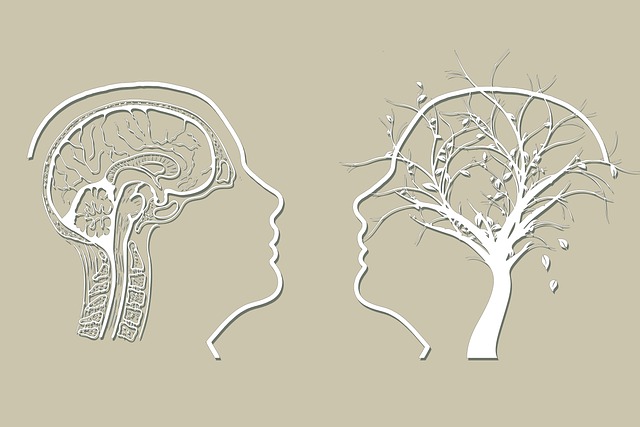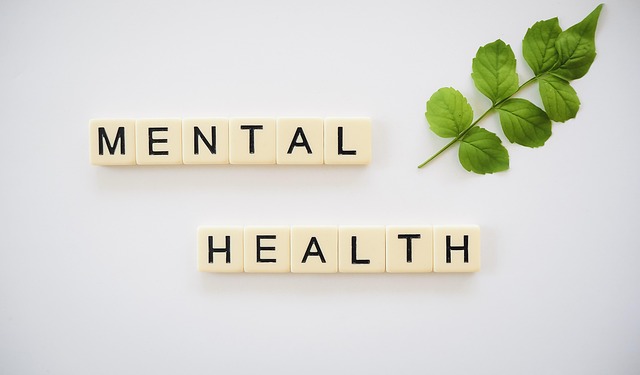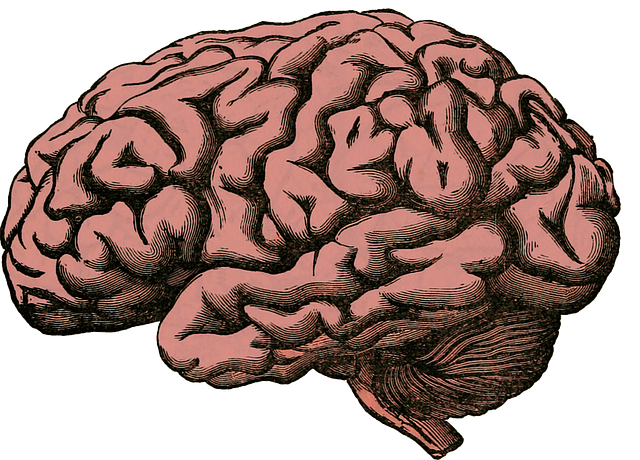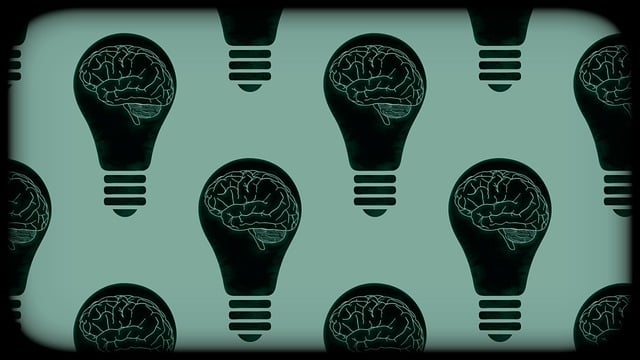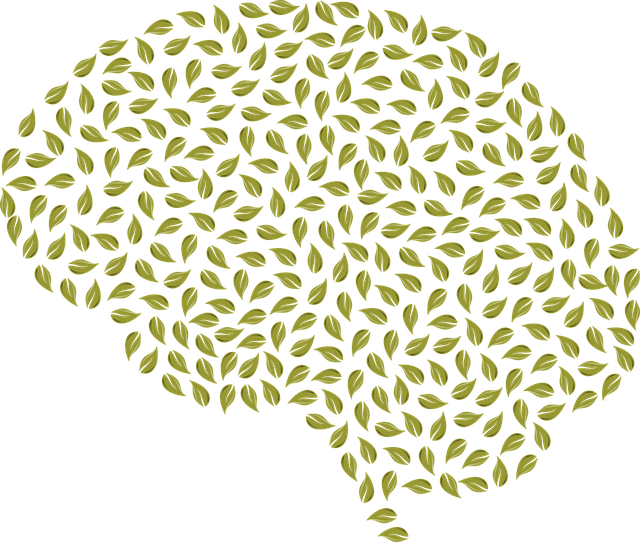In therapy settings with elderly clients, understanding and managing risk is vital. Therapists must consider unique challenges like cognitive decline, physical limitations, social isolation, and medication interactions. Effective risk management involves a holistic approach tailored to each client's mental health history, living situation, support systems, and lifestyle. Promoting positive thinking through interventions like Mental Wellness Podcast Series or education programs enhances elders' resilience and empowers them to manage risks while maintaining dignity and improved mental health. Therapists should foster self-awareness, implement regular exercises, and participate in community outreach programs for better care customization. Building resilience is key; encouraging self-care routines and open communication leads to improved therapy outcomes in geriatric mental health care.
In today’s complex healthcare landscape, effective risk management planning is paramount for mental health professionals specializing in therapy for elders. This article guides therapists and clinicians through a comprehensive approach to understanding and mitigating risks within therapy settings specifically catering to the elderly population. We explore strategies for proactive risk assessment and evidence-based practices that foster resilient mental health care for our aging clients, ensuring safe and impactful therapy sessions.
- Understanding Risk in Therapy Settings for Elders
- Strategies for Effective Risk Management for Therapists and Clinicians
- Fostering Resilient Practices in Mental Health Care for the Elderly
Understanding Risk in Therapy Settings for Elders

Understanding risk in therapy settings is paramount when working with elders. Therapists and clinicians must recognize that elderly clients often face unique challenges, including cognitive decline, physical limitations, social isolation, and potential medication interactions, all of which can introduce complex risks to their emotional well-being. Effective risk management involves a holistic approach, considering not just the individual’s mental health history but also their living situation, support systems, and overall lifestyle.
A key aspect is fostering positive thinking and promoting mental wellness through tailored interventions. This might include incorporating aspects from the Mental Wellness Podcast Series Production or designing comprehensive Mental Health Education Programs to empower elders with knowledge and coping strategies. By integrating these initiatives into therapy for elders, professionals can enhance their clients’ resilience, enabling them to navigate risks more effectively while maintaining a sense of dignity and improved mental health.
Strategies for Effective Risk Management for Therapists and Clinicians

Mental health professionals, including therapists and clinicians, must implement robust risk management strategies to ensure safe and effective care for their clients. A comprehensive approach involves integrating various techniques tailored to the unique challenges they face in therapy for elders or other vulnerable populations. One key strategy is fostering strong self-awareness among therapists, enabling them to recognize personal biases, emotional triggers, and potential boundaries issues that may impact treatment outcomes.
Regular Self-Awareness Exercises and training in Mind Over Matter principles can empower therapists to manage their own mental health, reduce stress, and enhance resilience. Additionally, community outreach programs implementation offers opportunities for professionals to connect with diverse communities, gain insights into cultural nuances, and improve their ability to provide tailored care. These proactive measures collectively contribute to a healthier work environment and better patient outcomes in therapy for therapists-clinicians and the populations they serve.
Fostering Resilient Practices in Mental Health Care for the Elderly

In the realm of mental health care for the elderly, fostering resilient practices is paramount. Therapists and clinicians play a crucial role in developing effective strategies that address unique challenges faced by this demographic. By integrating empathy-building techniques, they can enhance their connections with seniors, promoting open communication essential for understanding nuanced needs. This personalized approach not only improves therapy outcomes but also acts as a buffer against potential risks, such as depression prevention.
One of the game-changers in this context is Self-Care Routine Development for Better Mental Health. Encouraging elderly clients to establish robust self-care practices empowers them to manage their well-being proactively. Simple yet impactful strategies can include regular physical activity, mindfulness exercises, and structured daily routines. These activities not only mitigate stress but also contribute to a sense of purpose and overall mental resilience, fostering a supportive environment for both therapist and client.
Risk management planning is an indispensable practice for mental health professionals working with elders, ensuring safe and effective therapy. By understanding the unique risks in therapy settings and implementing strategic resilience, therapists and clinicians can enhance client outcomes and foster a supportive environment. Through adopting these practices, we can revolutionize mental health care, making it more adaptable and responsive to the complex needs of elderly individuals. This comprehensive approach to risk management is crucial in nurturing resilient practices within the field of therapy for elders and therapists alike.
